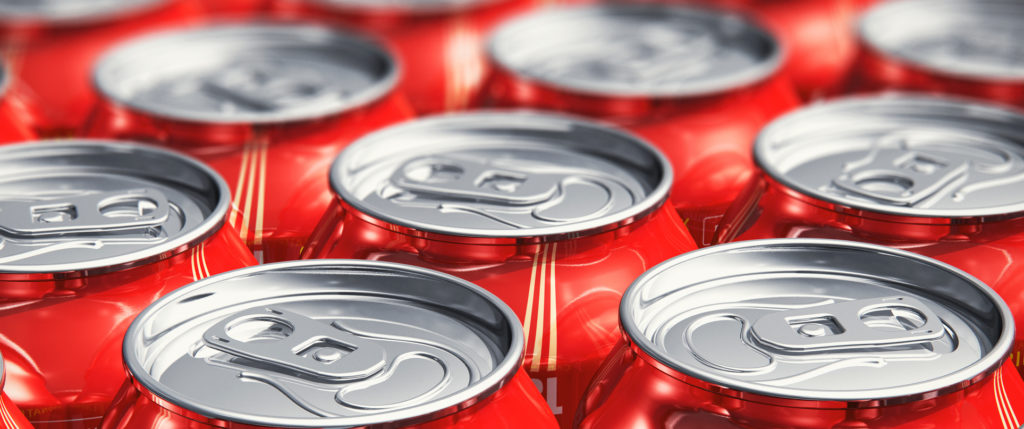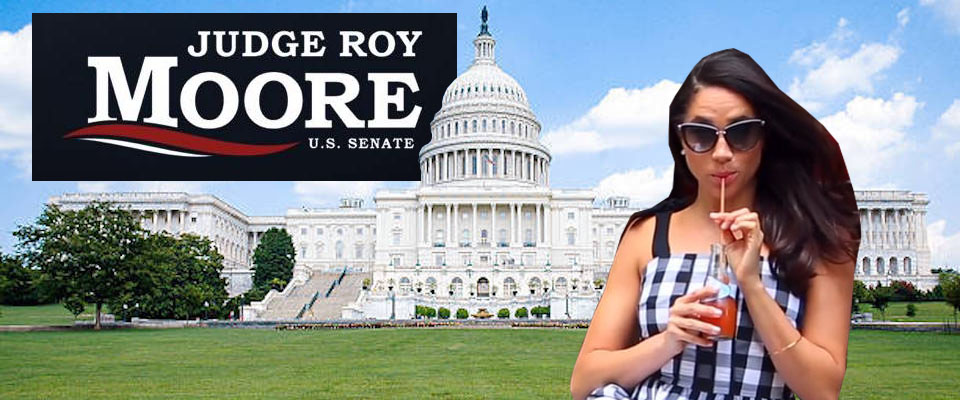After Berkeley became the first city in the nation to pass an excise soda tax one year ago, opponents dismissed Berkeley as such an outlier that the victory was inconsequential. “Berkeley is not necessarily the trendsetter that they claim to be,” Roger Salazar, spokesman for the No Berkeley Beverage Tax campaign, was quoted saying. “They are a nuclear-free zone. They give free pot to low-income folks. Berkeley is Berkeley.”
But Marion Nestle—one of the nation’s leading public health advocates and author of a new book on the soda wars—counters that Berkeley is often the first city to adopt measures destined to become mainstream: providing benefits for domestic partners, for example, and requiring that restaurants set up no-smoking areas, banning Styrofoam cups, providing access for the handicapped, and revamping school food policies.
“There’s a long, proud tradition at Berkeley of national leadership on social issues,” says Nestle, who received her Ph.D. in molecular biology and her M.P.H. in public health nutrition, both from UC Berkeley. She went on to become famous for her work in food politics and for standing up against some of the not-so-savory practices of the food industry and Big Soda. Forbes has named her the third most powerful “foodie” in the world after Michael Pollan and Michelle Obama.
Now a professor in the Department of Nutrition, Food Studies and Public Health at New York University, Nestle will be returning to Cal tomorrow (Nov. 4) to launch her new book Soda Politics: Taking on Big Soda (and Winning).
Public health advocates have argued that one of the best ways to fight obesity and respond to the rise in Type 2 diabetes is to tax the sugary drinks that science has implicated as being a large part of the problem. In November of last year, 75 percent of Berkeley voters supported a 1-cent-per-ounce tax on soda. According to Nestle, the Berkeley win is a harbinger of things to come.
As with excise taxes on tobacco, the idea behind soda taxes is that they not only raise revenue but also discourage people from buying the product in the first place.
A new study by UC Berkeley researchers indicates that the tax has had the effect of increasing soda prices in town—although soda prices at chain drug stores were largely unaffected, they rose at grocery stores, where people make most of their soda purchases. But it’s difficult to say whether the local price increase is discouraging consumers from actually buying soda. For one thing, residents can simply drive over to the next town and stock up on cheaper sodas.
For a better idea of whether these taxes cut down on sales and consumption, consider Mexico—the first country to pass a soda tax. It went into effect January of 2014, and preliminary research shows that soda sales have decreased 6 percent. In this situation, the decrease in sales most likely does correlate with a decrease in consumption. But that doesn’t necessarily mean there is a decrease in calorie intake. People could simply be replacing the sugar and calories they are no longer getting from sodas by indulging in other sweets instead.
“Taxes and bans and restrictions don’t change the behaviors that lead to obesity,” William Dermody, a spokesman for the American Beverage Association, has maintained.
The ABA, a trade group for soda makers, argues that such taxes unfairly single out one industry for the obesity crisis. While sodas do have a lot of sugar, so do Twinkies. Is it fair—or healthy for the economy—for government to arbitrarily go after one industry over others?
Nestle insists the decision is not arbitrary: “Sugary drinks account for half of all the sugar consumed in the United States. At the same time, sodas offer no nutritional value. When we are talking about obesity and Type 2 diabetes, cutting out soda is the first line of defense. And keep in mind, not long ago, Type 2 diabetes was called adult onset diabetes. We don’t call it that anymore because so many children are getting it these days. This is a public health issue. If this was just a matter of people having a soda here and there, we wouldn’t be having this conversation. But that’s not the situation. And yet, Big Soda just keeps marketing, trying to sell more and more of its sugar water, with total disregard for the stability and well-being of our entire society.”
Other critics of the soda tax complain that punitive taxes on specific products create a nanny state, in which the government seeks to influence consumer choices “for their own good.” In addition, the people most affected by higher prices are the poor, who may be forced into changing their behavior, while the rich can blithely pay the extra tax and continue doing as they please.
In fact, in recent days Mexico’s lower house of Congress approved a proposal to scale back its soda tax by 50 percent, at least for drinks with reduced sugar. Observers disagree about whether the move is simply the soda industry prevailing to protect its interest, or whether Mexico’s population is bristling from a growing awareness of the gap between the country’s rich and poor, and that is fueling the pushback.
“Yes, the taxes affect the poor more, but obesity and diabetes are regressive and affect the poor more as well,” Nestle says. “Plus, Big Soda has also been going after the poor and minorities disproportionately, and marketing strongly to the groups that are most vulnerable to the harm caused by their products.”
Backers of soda taxes also stress that they can raise revenue to fund health programs. “The Berkeley soda tax is raising $100,000 a month that is going toward educating their schoolchildren about the importance of good nutrition,” says Nestle. The tax is expected to generate around $1.2 million per year. Earlier this summer, $500,000 of the anticipated funds were allocated for health-related community programs, with half of that money going toward the Berkeley Unified School District’s Gardening and Cooking Program.
Nestle hopes Soda Politics gets people to see with fresh eyes. “Soda is so ubiquitous that it becomes part of the background and seems normal. It’s on TV all the time. It’s everywhere,” she says. “There are people who drink soda all day like water. So creating awareness, putting a spotlight on sugary drinks and reminding people that this is not normal, that’s part of what all the activism is about.
“If we pass more soda taxes, that’s great. But that’s not the end-all and be-all. It’s ultimately about awareness and education and creating a healthy and sustainable food system.”
The New York Times recently came to a similar conclusion about the soda tax battle: The soda industry has been winning the policy battle and keeping taxes at bay, the Times report acknowledged, “but the bigger picture is that soda companies are losing the war.”
As part of a special series about Americans’ changing eating habits, journalist Margot Sanger-Katz writes: “Even as anti-obesity campaigners…have failed to pass taxes, they have accomplished something larger. In the course of the fight, they have reminded people that soda is not a very healthy product. They have echoed similar messages coming from public health researchers and others—and fundamentally changed the way Americans think about soda.
“The drop in soda consumption represents the single largest change in the American diet in the last decade and is responsible for a substantial reduction in the number of daily calories consumed by the average American child….As total calorie intake has declined, obesity rates among school-age children appear to have leveled off.”
U.S. sales of full-calorie soda have dropped by 25 percent over the last 20 years, and this year marks the tenth in a row of soda’s decline,as more and more Americans say they are avoiding sugary drinks.
Nestle has been on the frontline of the fight for healthier food systems for many years. She is the author and co-author of nine books, including the seminal Food Politics: How the Food Industry Influences Nutrition and Health. She also wrote the “Food Matters” column for the San Francisco Chronicle from 2003-2010 and she currently blogs at foodpolitics.com.
Although she has been active in food studies since the 1970s when she taught her first class in nutrition at Brandeis University—and then taught nutrition at UCSF School of Medicine, worked as a senior nutrition policy adviser in the Department of Health and Human Services, and served as editor of the Surgeon General’s Report on Nutrition and Health—Nestle says she “didn’t really get serious” until the early 90s, after taking part in a conference sponsored by the National Cancer Institute.
“I was invited to speak at a conference about behavioral risk factors for cancer, such as diet and smoking,” she said. “Most of the other speakers were involved with research focused on anti-smoking advocacy and I ended up seeing all these slide shows of cigarette marketing around the world. It occurred to me that these kinds of ads were all around me but I just never really noticed them; they were part of the landscape of everyday life. And with that realization, I also came to see how soda advertising was everywhere around me as well.”




















